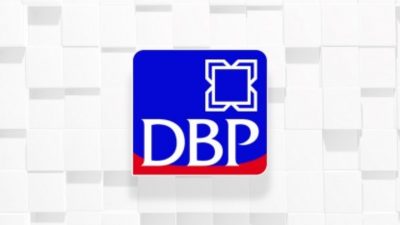Infographic courtesy of The Washington Post
Is Facebook accountable for the incessant wave of account hacks that have become increasingly systematic and pervasive, occurring daily across the country for fraudulent and criminal purposes?
This is the overarching inquiry confronting countless Facebook account holders who have fallen victim to the escalating instances of hacking on both Facebook and its affiliated social media platform, Messenger.
According to those who have endured the harrowing experience of cyber fraud, they often find themselves locked out of their own Facebook accounts for days or even weeks, sometimes indefinitely.
The disheartening and embarrassing reality is that unbeknownst to them, malicious actors have seized control of their Facebook profiles and are actively soliciting financial assistance under the guise of “ayuda” or other forms of support from friends and family listed in the victim’s contacts.
The methods employed by these perpetrators vary, but they commonly begin with a seemingly innocuous message.
Even a former high-ranking official who served under President Joseph Estrada fell prey to the cunning tactics of hackers. Unbeknownst to him, his Messenger platform was sending out messages soliciting funds for an upcoming religious event.
Days later, his wife took to social media to notify friends and relatives of the account hack, clarifying that no such “religious event” was occurring or endorsed by their community.
Recently, a housewife received a message from a relative residing in the National Capital Region. The message simply read, “How are you?” Suspicion arose due to the fact that this relative typically addressed her by name in their correspondence.
Days later, the relative confirmed that her Facebook account had indeed been compromised.
These incidents are just a few instances of genuine Facebook account hacks, prompting concerned citizens to question the level of accountability Facebook should bear.
The issue of Facebook account hacks is a multifaceted and contentious topic.
We checked online and several key considerations come into play:
- User Responsibility: Users have a responsibility to maintain strong, unique passwords, enable two-factor authentication, and adopt other security measures to safeguard their accounts. Neglecting these precautions might imply shared responsibility for the hacks.
- Company Security Measures: As with any tech company, Facebook must implement robust security measures to protect user data. In the event that Facebook’s security practices are deemed inadequate or negligent, a case for accountability could arise.
- Legal Obligations: Data protection and cybersecurity laws vary by jurisdiction. Failure to adhere to these laws could result in legal consequences for security breaches.
- Industry Standards: Facebook’s accountability may be assessed based on cybersecurity industry standards. Falling short of these benchmarks could raise questions about their level of responsibility.
- Mitigation Efforts: Swift and effective action by Facebook to mitigate the impact of a hack could influence perceptions of their accountability. Timely notifications, support for affected users, and preventative measures against future breaches can shape public opinion.
- Transparency and Communication: How transparent and communicative Facebook is regarding a breach can impact perceptions of accountability. Candid disclosure about the breach, its causes, and steps being taken to prevent future incidents can influence public sentiment.
- Preventive Measures: Holding a company accountable entails more than assigning blame post-incident. It involves advocating for enhanced preventive measures, security audits, and ongoing efforts to bolster cybersecurity.
- Legal Challenges: Determining legal liability is intricate, involving considerations of negligence, breach of contract, and more. Legal proceedings may play a pivotal role in determining accountability.
In reality, the matter is rarely straightforward. Holding Facebook accountable for account hacks hinges on a combination of user behavior, corporate practices, legal factors, and prevailing industry standards.
Finally, users must take personal ownership of their security while simultaneously advocating for improved cybersecurity practices. (ai/mnm)







